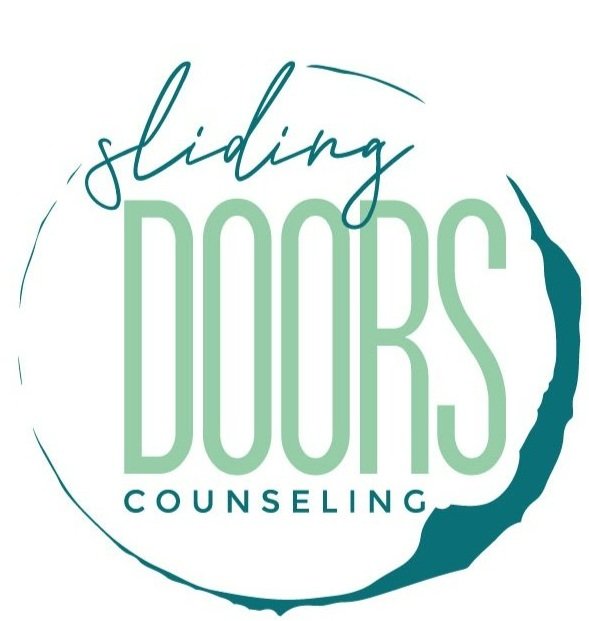Managing Overwhelm and Anxiety: The Power of Saying ‘No’
We’ve all been there: You’ve emailed your ex-partner a hundred times with no response, or you’ve repeatedly asked your family to take care of something, and you’re ignored The moment you finally reach your tipping point and express frustration (or yell), they ask why you’re so “sensitive” or “overreacting.” Whether it’s the relentless pursuit of perfection, the pressure to attend every child’s event, or the burden of feeling responsible for everyone’s happiness, these internal beliefs are often more stress-inducing than they’re worth. Today, we’re diving into these and other common false beliefs that disrupt your peace of mind—and what you can do about them.
The Weight of Saying ‘Yes’ and Its Impact on Anxiety
Agreeing to one more brunch or playdate might seem harmless in isolation, but each ‘yes’ is not just a time commitment—it’s an emotional load that can contribute to overwhelm and anxiety.
Why Saying ‘No’ is Even Harder With Shared Parenting and Divorce
Divorce and co-parenting situations add an extra layer of stress and emotional load. The pressure to attend every soccer game or school recital skyrockets, particularly when you’re sharing parenting time. The fear of missing out is not just about your children’s activities; it’s a pervasive form of anxiety.
The Generational Impact of Parenting and Overwhelm
Unfortunately, our children are the silent witnesses to this emotional juggling act, taking mental notes that may lead them to assume that living in a constant state of overwhelm is a normal aspect of parenting and adult life. We’ve been conditioned to think that taking time for ourselves or setting boundaries is selfish or irresponsible. But the truth is, by reframing these false beliefs and giving ourselves permission to step back, we can live more authentically, setting a healthier example for the next generation.
Beyond Self-Care: Therapy and The Radical Act of Pressing Pause
In therapy, the term ‘self-care’ is frequently discussed, but what if the real solution is simpler? Pausing to take a break and saying ‘no’ can be an effective counseling strategy for those dealing with depression or anxiety. This act goes beyond conventional self-care; it’s a reset button for your emotional well-being.
Your Therapy Permission Slip for Overwhelm and Emotional Load
So here’s your therapist-approved permission slip: Setting boundaries is a healthy form of self-care, especially beneficial for those navigating the aftermath of divorce or facing the stresses of co-parenting. You don’t have to carry the emotional load alone. You are not obligated to be everyone’s emotional scaffolding. Your well-being matters too, and it’s okay to set boundaries, even if it’s as simple as saying ‘no’ to brunch with a friend or letting your co-parent take the reins at your child’s next game.
It’s Not Easy – You Can Ask For Help
You’re not alone in feeling overwhelmed, especially when navigating the complexities of anxiety, divorce, co-parenting or just life. It’s not just about managing your time; it’s about reclaiming your emotional space. If you’re struggling with this emotional load, consider reaching out. I offer services in person or via telehealth in Minnesota and coaching outside of Minnesota. Taking that step could be your ultimate act of saying ‘no’ to overwhelm and ‘yes’ to yourself.
